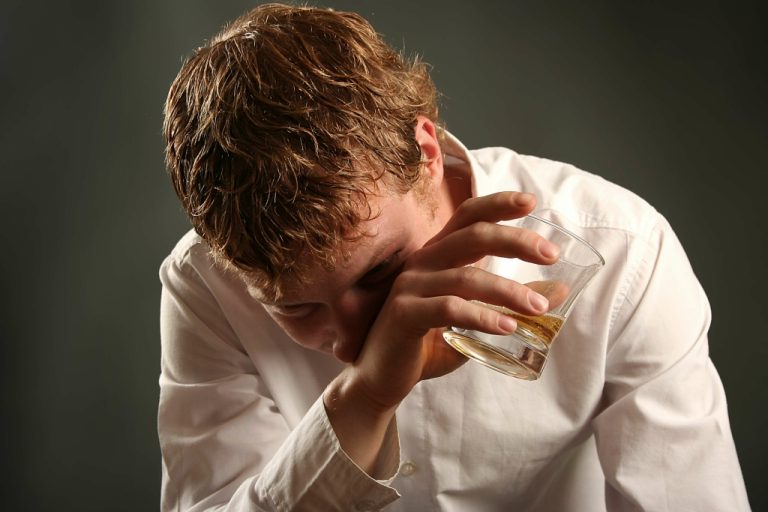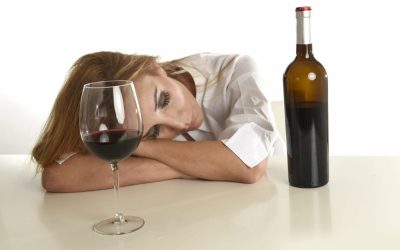And since alcohol increases our heart rate, it makes us sweat more, which accelerates how fast we become dehydrated. Regularly consuming energy drinks exposes your body to excessive amounts of caffeine and sugar, which may adversely affect the cardiovascular and nervous system. High-caffeine energy drinks are marketed to provide an energy boost and improve performance. However, consuming too many energy drinks is linked to adverse health effects, including high blood pressure and dehydration. Moderating your intake of energy drinks and alcoholic beverages is an easy way to prevent dehydration. Coffee, tea, and soda contain caffeine, a natural diuretic.
So, which alcohols are the most hydrating — or the least dehydrating?
Wines with higher alcohol content and lower water content, such as fortified wines or high-alcohol red wines, may have a comparatively stronger dehydrating effect. No, even sugar-free energy drinks can contain up to 500 milligrams of caffeine per serving, exceeding the 400 milligrams recommended by the U.S. The high caffeine content in energy drinks stimulates the adrenal glands to release cortisol, the body’s primary stress hormone, which, over time, can result in poor stress tolerance and adrenal fatigue.
Zero Sugar Classic Variety Pack
Alcohol is high in calories and, at the same time, inhibits the conversion of fats into energy, which can lead to the accumulation of liver fat and gaining weight on keto. While ethanol doesn’t contain carbohydrates and technically won’t impact your blood glucose levels, alcohol still affects ketone production. The best way to quickly rehydrate is to regain the minerals flushed out due to excessive urination. She loves scouring the internet for delicious, simple, heartwarming recipes that make her look like a MasterChef winner. Her other culinary mission in life is to convince her family and friends that vegetarian dishes are much more than a basic salad. She lives with her husband, Dave, and their two sons in Alabama.

Alcohol and Cancer: What’s the Link?
To stay hydrated while enjoying red wine, consider some tips. Pair it with water or have non-alcoholic beverages in between glasses. Limit your intake to recommended levels, typically one glass for women and two for men. In conclusion, red wine does not dehydrate you when consumed in moderation. With its high water content, essential electrolytes, and potential health benefits, red wine can be enjoyed as part of a balanced lifestyle.
- We grow our own mushrooms, mostly shiitake mushrooms, but also wine caps, oysters, and a few others.
- Wine drinkers love its chocolate and cherry flavors that pair well with a range of foods.
- When you’re thirsty — or after you’ve gone for a run — you probably don’t reach for a beer, and you certainly don’t mix an Old Fashioned.
“Dry” refers to the perceived taste the wine leaves in your mouth because it contains low levels of residual sugar after fermentation. Pumping breast milk and throwing it out shortly after you drink won’t help your body get rid of alcohol faster. But it can help prevent pain and swelling that happen when too much milk builds up in your breasts. Over time, drinking too much might cause the body to make less breast milk.

Thirst, lightheadedness, and dark urine are three signs of dehydration, but there are many others to watch out for. To find out how your drinks add up, use our unit calculator below. Or you can find out more about the benefits of drink-free days. Many of the effects of alcohol on your appearance are reversible if you reduce the amount that you drink.
However, excessive consumption can lead to adverse health effects, so moderation is key to gaining possible benefits. The diuretic effect of alcohol is often attributed to its inhibitory impact on an antidiuretic hormone called vasopressin. However, studies have shown that despite this temporary increase in urine production, the net effect of drinking red wine does not lead to dehydration when consumed in moderation. Alcohol affects your body’s hydration levels by acting as a diuretic. A diuretic is a substance that increases does wine dehydrate you urine production. When you consume alcohol, your body inhibits the release of an antidiuretic hormone called vasopressin.
Here’s Exactly How Much Alcohol You Can Drink Before Triggering Inflammation

But by drinking alcohol, the amount of Vasopressin your body can produce actually reduces, making it harder to retain fluids. On the downside, the alcohol in red wine can act as a diuretic, increasing urine output and potentially leading to dehydration. Research published in the British Journal of Nutrition (Smith, 2020) indicates that alcohol consumption can impair the body’s ability to retain fluids. This effect can vary depending on the quantity and frequency of red wine consumed, making moderation crucial for preventing dehydration. While alcohol in general can have a diuretic effect, causing increased urine production, the water content in wine counters this effect and ultimately contributes to your overall hydration.
What Do Scientific Studies Reveal About Red Wine and Hydration?
This makes sense when you consider the diuretic effect of alcohol on your body and its vasopressin production. For example, an average bottle or glass of beer has an alcohol content concentration of three to seven percent. On the other hand, wine is usually closer to around 11 to 14 percent alcohol content per glass. Alcoholic beverages like wine have their pleasures, but drinking too much wine or other alcohol in short order can leave you feeling dizzy, tired, and even with a headache. All of these are common symptoms of dehydration, which is why many people believe that wine dehydrates you after you drink it. Drinks with a higher alcohol content — and therefore more potential to dry you out — include vodka, gin, rum, and whisky.
However, due to how alcohol affects the production of ADH, you will still become dehydrated after drinking beer. Consuming one beer leads to a 62% increase in urine produced compared drug addiction treatment to having a glass of water. Consuming alcohol while dehydrated will just make dehydration worse. The diuretic effects will cause your body to lose water faster due to increased urination.